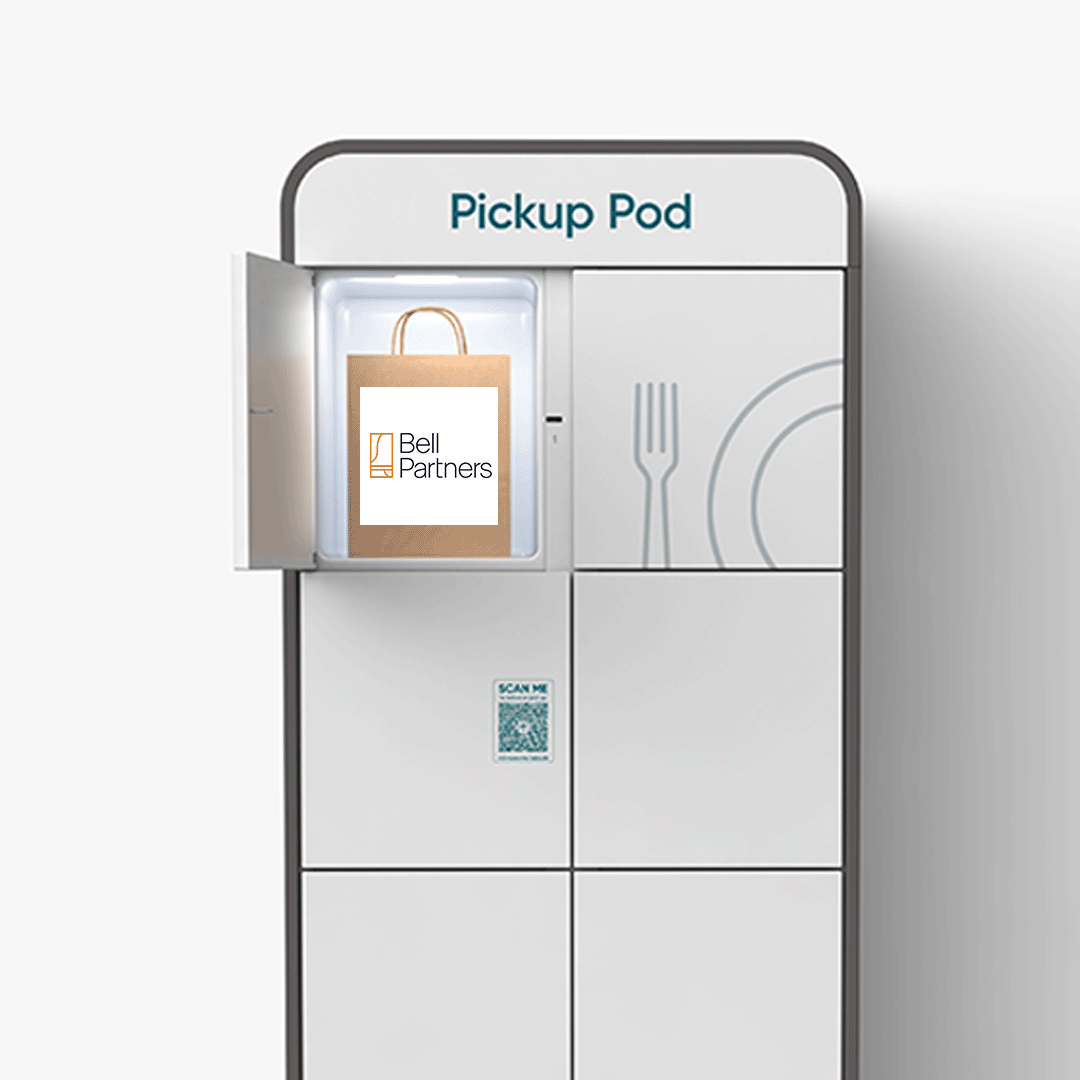If you’ve ever felt like managing your own logistics was like juggling flaming swords while blindfolded, you’re not alone. Shipping delays, inventory mishaps, rising storage costs. it all adds up fast.
That’s why many businesses turn to Third Party Logistic (3PL) companies to lighten the load. But with so many options out there, the real question is: how do you choose the right 3PL partner that doesn’t just move boxes, but actually moves your business forward?
Why Picking the Right 3PL Company Is a Game-Changer
Choosing a third party logistics provider isn’t just another vendor decision. It’s like picking a business partner who’s going to be responsible for one of your most precious things: your customer experience.
Think about it—late deliveries, damaged products, or communication breakdowns can make or break your brand’s reputation.
The right 3PL can boost efficiency, cut costs, expand your reach, and even make you look like a rock star to your customers.
Signs It’s Time to Bring in a 3PL
Not sure if you even need one yet? Here are some red flags:
- You’re spending too much time managing inventory instead of growing your business.
- Shipping errors are starting to pile up.
- Storage space (and costs) are getting out of hand.
- Scaling to new regions feels impossible.
- Customer complaints about delivery are creeping in.
If any of these sound familiar, it’s time to start shopping for a third party logistics service that fits.
Know Your Own Needs First
Before you even peek at a 3PL company’s website, take a moment to map out your logistics challenges.
Ask yourself:
- How much inventory do I move monthly?
- Do I need domestic, international, or both shipping options?
- Is my business seasonal or consistent year-round?
- Am I offering standard shipping, two-day delivery, or something else?
- What tech platforms do I use for sales and inventory (Shopify, Amazon, WooCommerce)?
Knowing these things will help you find a 3PL provider that matches your business model—not one that forces you to change everything.
Look for Industry Expertise
Here’s the thing: not all 3PLs are created equal.
Some specialize in e-commerce fulfillment (great for brands selling online), while others are built for bulky goods, perishables, or even hazardous materials.
If you’re selling artisanal candles, you don’t want a logistics company whose bread and butter is moving industrial machinery.
Check Their Tech Game
We’re living in a time when customers expect to track their packages minute-by-minute. Your 3PL should be able to offer real-time inventory management, order tracking, and smooth integrations with your current systems.
A good third party logistics company will have:
- API integrations with major e-commerce platforms
- Warehouse management systems (WMS)
- Transparent reporting dashboards
- Mobile-accessible tracking tools
Evaluate Their Scalability
A great 3PL isn’t just focused on your now; they’re equipped to handle your next big leap.
Look for signs they can:
- Handle peak seasons like Black Friday or Christmas
- Support your expansion into new regions
- Add services like returns management or kitting without a total contract renegotiation
Scrutinise Their Customer Service
What happens when there’s a hiccup? A mis-shipped order? A delayed delivery.
You need a 3PL company that’s responsive, solution-focused, and treats you like a partner, not just another client ID number.
Ask questions like:
- Do they assign you a dedicated account manager?
- How fast is their average response time?
- What’s their protocol for urgent issues?
Good 3PL companies don’t vanish once the ink dries on the contract.
Analyse Pricing
Yes, cost matters—especially when margins are tight. But cheaper isn’t always better.
Many low-cost 3PL services tack on hidden fees for things like:
- Storage overages
- Pick-and-pack charges
- Returns processing
- Special handling for fragile items
Get a detailed breakdown of fees.
And remember: a higher upfront cost could mean lower total costs if their efficiency saves you from fulfilment mistakes.
Ask About Their Security and Compliance Standards
This is particularly important if you’re dealing with sensitive goods like pharmaceuticals, food, or anything that must meet regulatory standards.
If they get cagey answering these, that’s your sign to keep shopping.
How a 3PL Turned One Brand’s Fortune Around
The popular lifestyle brand was drowning in fulfilment errors and missed delivery windows, costing them customer trust—and money.
When they switched to a 3PL specializing in e-commerce fulfilment (with real-time inventory tracking and optimized packing strategies), their order accuracy jumped to 99.7%, and customer satisfaction soared
Conclusion
Picking a third party logistic company is about much more than moving boxes from Point A to Point B.
It’s about protecting your brand reputation, scaling smart, and giving your customers the seamless service they expect—and deserve.
Take the time to research, ask the tough questions, and prioritize compatibility over quick wins.
Your future self (and your happy customers) will thank you.






















